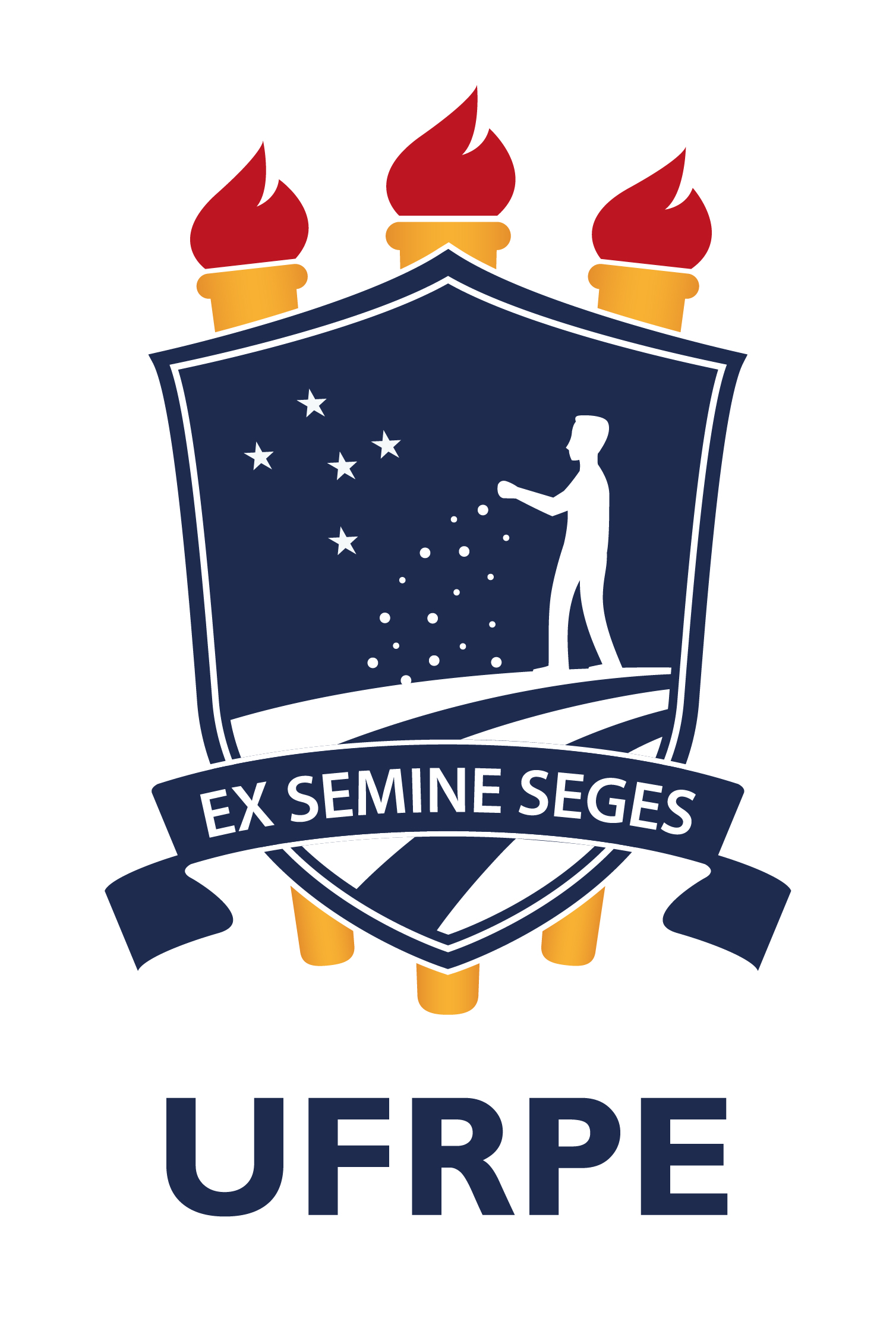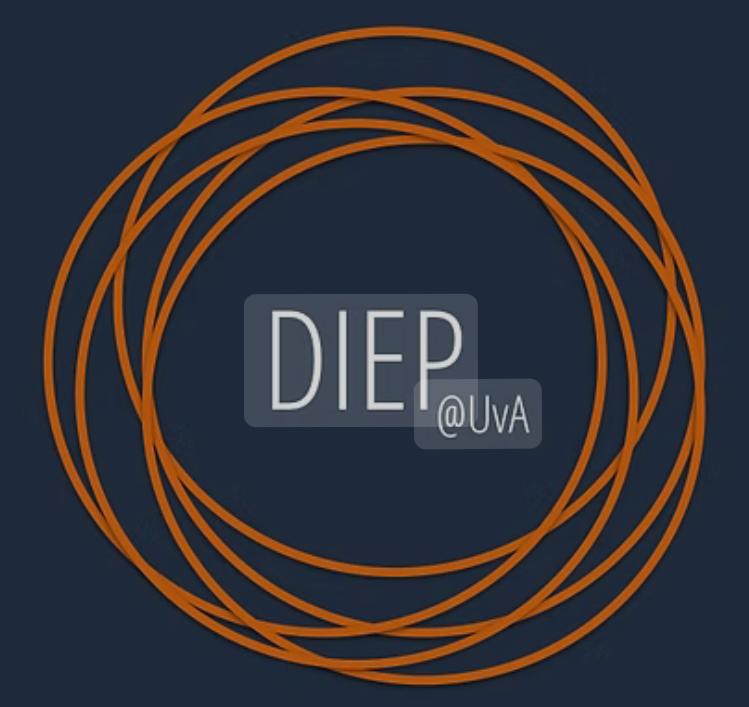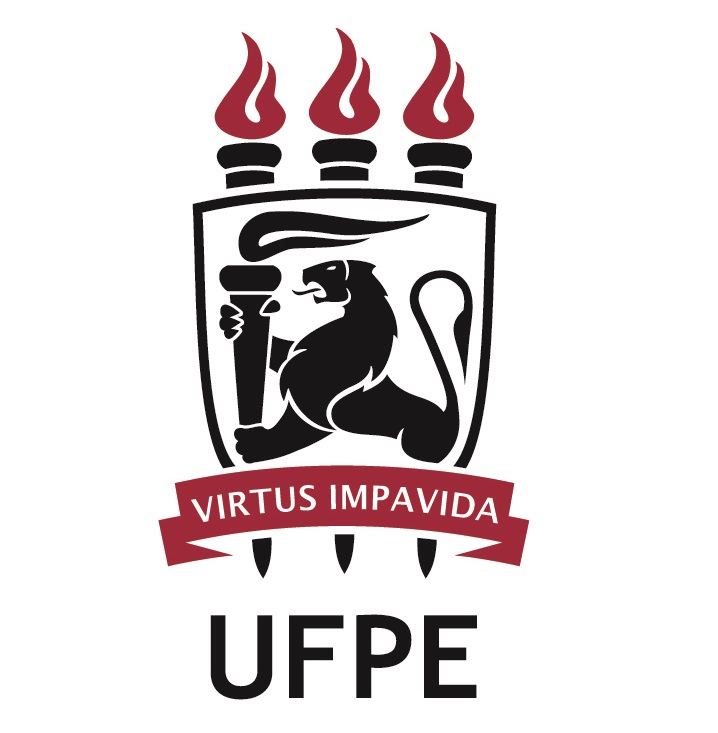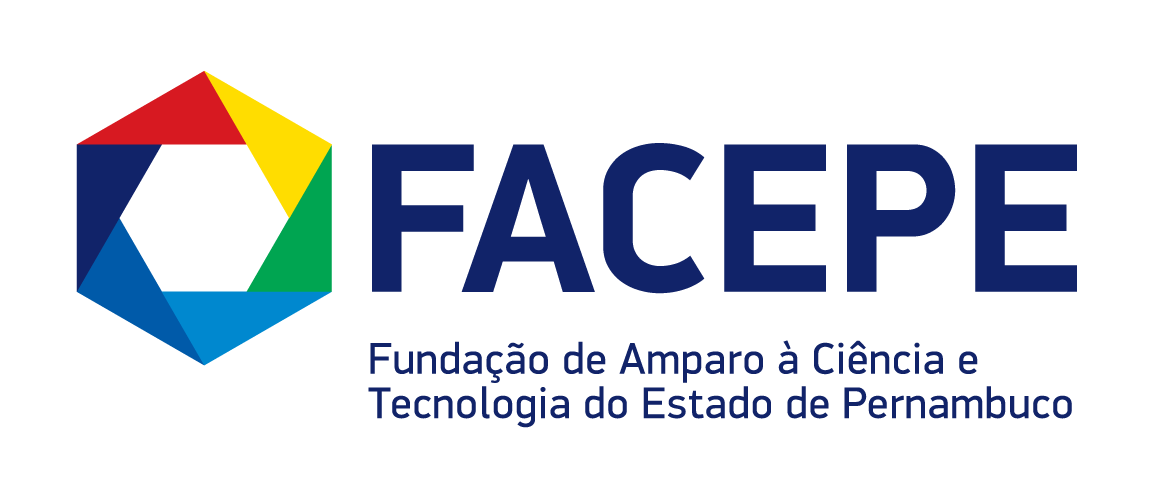About the School
Host Institution
A growing mathematics department with expertise in:
- Nonlinear dynamics
- Differential equations
- Topological methods
- Algebra
- Celestial Mechanics
📍 Campus location: Rua Dom Manuel de Medeiros, Recife
Support Institutions
Local Partners
- Universidade Federal de Pernambuco (UFPE)
International Partners
- University of Amsterdam (UVA)
- Dutch Institute For Emergent Phenomena (DIEP)
- Korteweg-de Vries Institute for Mathematics (KDVI)
We are prospecting other institutional partners.
Objectives
- Develop local research capacity in applied mathematics
- Foster North-South scientific collaborations
- Advance research in complex systems
- Promote mathematical education
- Promote gender balance in STEM (43% women participants)







